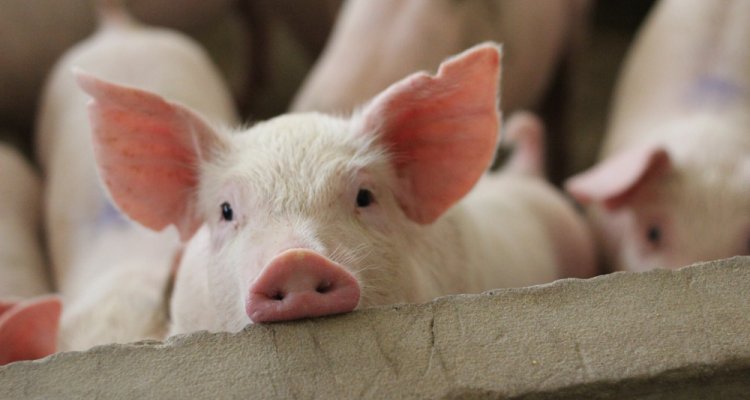
Project
Add_African Swine Fever pathogenesis and immune responses in Resistant And Susceptible Hosts
This project will generate new data through animal studies and analyses, to develop a better understanding of host immune response and protective immunity against, and activity and persistence of African swine fever virus in the host. These insights are crucial for improved vaccine development and targeted prevention and control measures against this serious notifiable swine disease.
African swine fever (ASF) is one of the most complex veterinary viral diseases with enormous negative consequences for animal welfare and psychosocial and economic impact. It is caused by a large DNA virus originating in Africa. Since 2007, the virus has been spreading around the world, threatening pig farming and wild boar populations. A treatment, vaccine and in-depth knowledge about the relationship between virus, what happens in the host (pathogenesis) and host response are lacking. Many infected animals develop fever and bleeding and often die (>90% of infected animals) from the consequences of infection with ASF. Sometimes, however, animals develop a mild or asymptomatic clinical picture, but little is known about the cause of this difference in disease. Renowned institutes in this field collaborate in the ICRAD project 'ASF-RASH': African Swine Fever pathogenesis and immune responses in Resistant And Susceptible Hosts; Friedrich-Loeffler-Institut (Germany), Institute of Virology and Immunology (Switzerland), Ghent University (Belgium), Sciensano (Belgium), Statens Serum Institut (Denmark) and WBVR. They will conduct animal studies with different pigs, in which they will also include different readout parameters. This is to obtain the most complete picture and better understanding of, among other things, the host immune response and protective immunity, what the virus does and persistence (staying present) of the virus in the host. Knowledge and information and partly materials from animal experiments will be exchanged, for knowledge transfer and additional analyses. This knowledge and insights are crucial for improved vaccine development and targeted prevention and control measures against a disease that threatens pig farming, and thus food security, and wild boars. In addition, important knowledge about host responses will also provide further clarity on basic disease principles that could be a model for other complex viral hemorrhagic (bleeding) diseases.